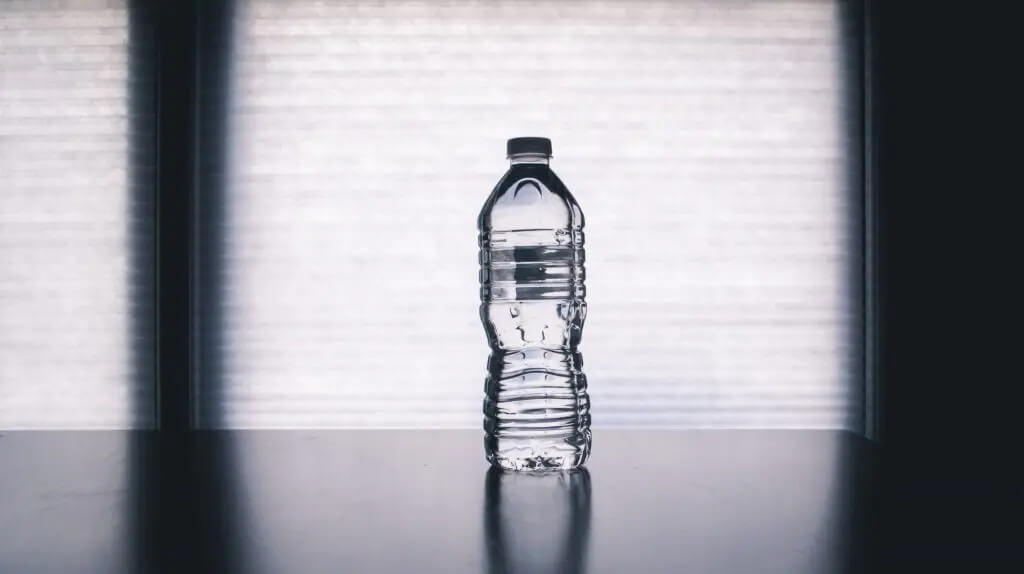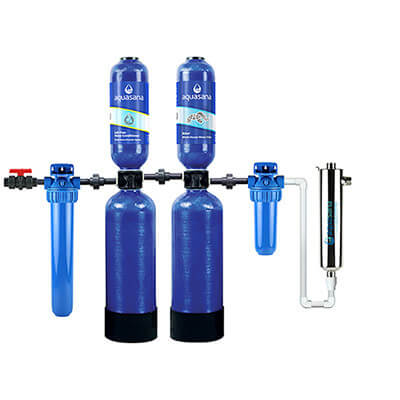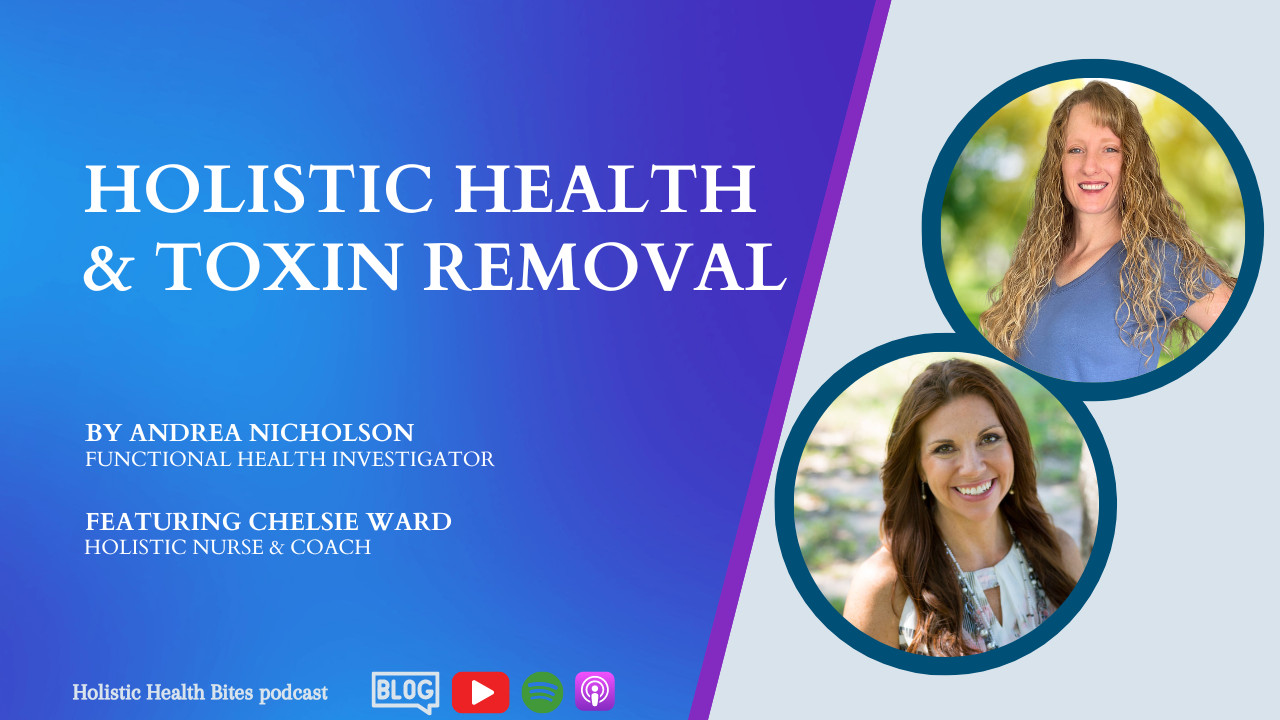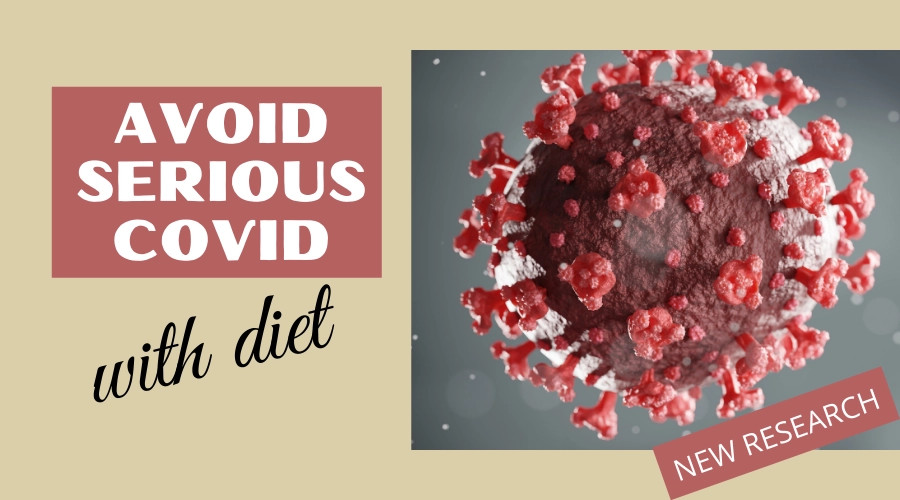
Is That Arsenic in Your Water Bottle?
We try to do our best…we know most municipal water is contaminated with a variety of compounds, so a lot of us go for bottled water instead.
Healthier, right?
Not necessarily. There have been numerous reports of bottled water simply being tap water in a plastic bottle, but that’s not true for all companies. Some really are filtered or spring water sources. But does that make them safer?
Maybe. It’s complicated and not easy to know!
The water is tested in most cases, but independent testing sometimes shows different results.
For instance, Consumer Reports just tested 47 different bottled water brands (carbonated and non-carbonated) looking for heavy metals and PFAs (per- and polyfluoroalkyl substances) and found some pretty scary results from some seemingly reputable companies.
What are PFAS and heavy metals?
PFAS are a large class of chemicals that accumulate in the environment and our bodies. They’re particularly worrisome because they don’t breakdown easily or quickly, so they are considered persistent. There has been evidence that they are harmful to human health. They are found in food packaging, stain and water resistant fabric treatments (coats, furniture, etc), non-stick cookware, polishes, waxes, paints, cleaning products, flame retardants (furniture, electronics, curtains, etc), and they’ve contaminated our food and water supply. They accumulate in the environment and the body which includes the animals and plants we consume – so we can get exposed in numerous ways.
Heavy metals, for the purposes of this testing, include arsenic, lead, cadmium, and mercury. We get exposed to heavy metals through contaminated food due to industrial processes, vehicle pollution, and soil contamination. Mercury toxicity commonly occurs from mercury fillings in dental work and from contaminated seafood. Mercury used to be used in medical treatments and vaccines. Arsenic is commonly found in rice and has been used in various medications over the years. The toxicity that can occur due to heavy metal levels is varied and vast – to various organs, hormone disruption, inability to lose weight, chronic fatigue, and neurological disorders. Heavy metals can also accumulate in the body and be very difficult to eliminate.
What were the test results of the water?
According to their report
- Most of the non-carbonated products were contaminated with detectable levels PFAS. Specifically Tourmaline Spring and Deer Park waters contained more than 1 part per trillion.
- All of the non-carbonated water contained heavy metals that were found to be well below safety limits, except for Starkey Spring Water (owned by Whole Foods) with arsenic levels just below the safety limit set (10 parts per trillion) by the federal government (three times higher than Consumer Reports recommends).
- All carbonated water products were found below the legal limits for heavy metals, but many did have PFAS detected.
Which products were tested?
See the CR for full details, but here’s a few of the most popular products:
- 365 Everyday Value spring water
- Aquafina purified water
- Arrowhead natural spring water
- Fiji Water natural artesian water
- Great Value natural purified water
- Kirkland Signature purified water
- Nestle Pure Life purified water
- Saratoga natural spring water
- Smartwater natural enhanced water
- Deer Park natural spring water
- Tourmaline Spring sacred living water
- Starkey Spring Water
- Sparkling Ice black raspberry
- Spindrift raspberry lime
- San Pellegrino natural sparkling
- Dasani black cherry
- Perrier natural sparkling
- La Croix natural sparkling
- Canada Dry lemon lime
- Bubly blackberry
- Topo Chico
While it’s unlikely we’ll ever have testing come back 100% clean and free of all detectable levels of contaminants, it is imperative that we reduce our toxin exposure whenever possible. So while a product may have tested below safety limits, what about if you have several of these a day, every day? Or when you test across all foods you eat and drink every day?
They really do add up. And since they accumulate, it’s a cumulative problem.
What do you do instead of buying these bottled products?
Filter your own water.
Reverse osmosis systems are the best, but you want to add back in minerals since these systems remove the good stuff too!
Whole Home filtration systems are my favorite because ALL of your water matters, not just what you drink. We get exposed via our laundry, cooking, showering, and drinking so why not improve all of your sources?! There are several types of filtration systems and water softening systems available and they each have pros and cons. Do your research to find the best system for you, your family and your budget.
The system I chose to go with was the top rated Aquasana system.
I chose this system because it doesn’t remove minerals, doesn’t add or use salt, and removes a majority of the contamination in municipal water. The replacement filters are inexpensive compared to many other systems and the overall maintenance is minimal.
Are you ready to live your life with optimal health – physical, emotional, and environmental? This is exactly we do in Nutrition Therapy. It’s not just about the food!
Note: some links in these posts contain affiliate links. Should you choose to purchase an item I’ve recommended, I may earn a small commission. I ONLY ever recommend products I personally use and love or products that have been well researched and have demonstrated success.






















0 Comments